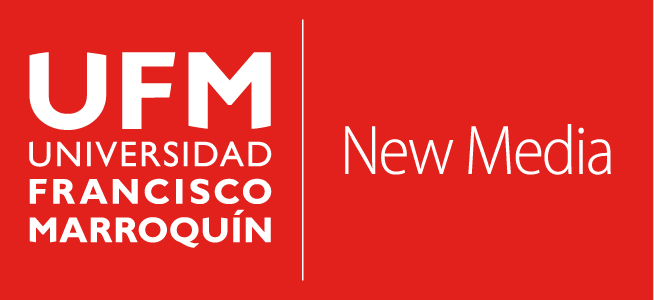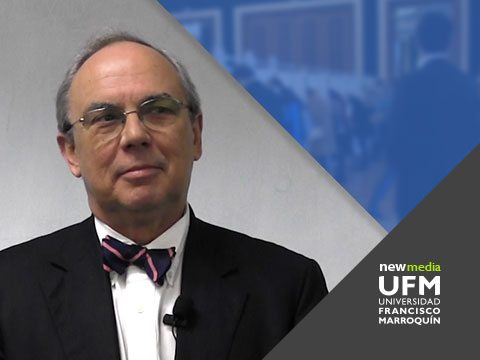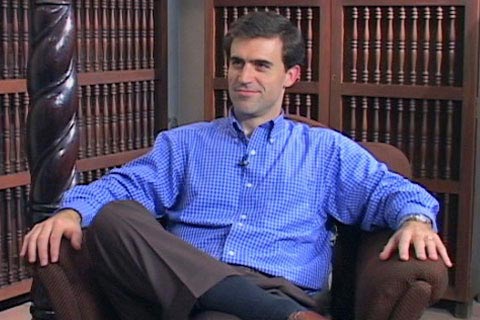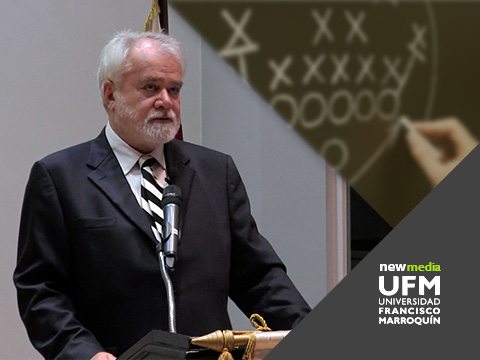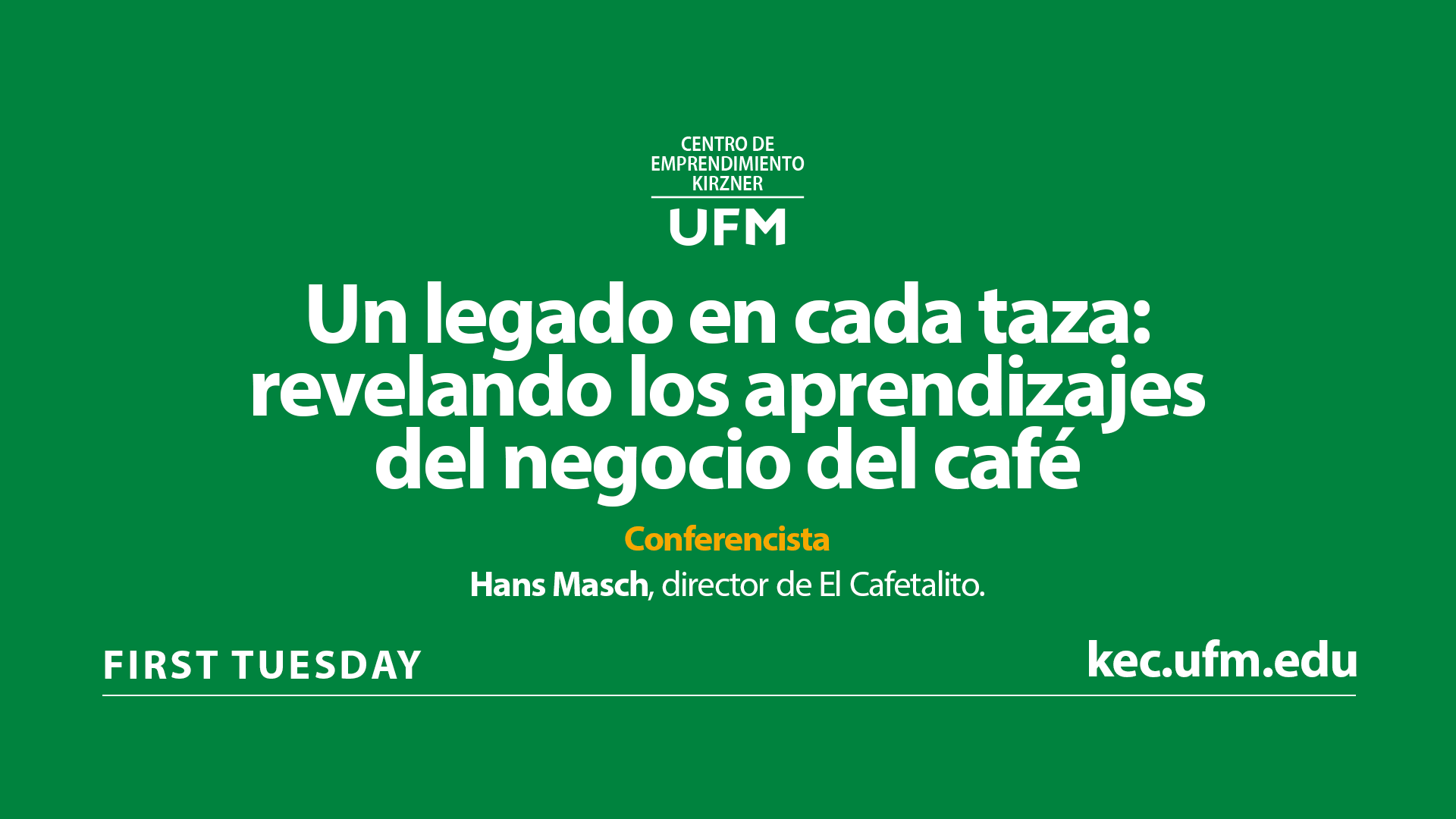About this videoSystematic designs and studies can be used to improve the educational services for the poor. Tully's studies show that private schools present in low income areas outperform public schools in educational quality, academic achievement, and efficiency. The factors that influence the success of the private education are direct parental funding, private management, school competition, parental choice, low degree of regulations, and profit incentives. The absence of incentives is the main reason that Private education outperforms Public education.
|
|
CreditsImproving Educational Services for the Benefit of the Poor | |
